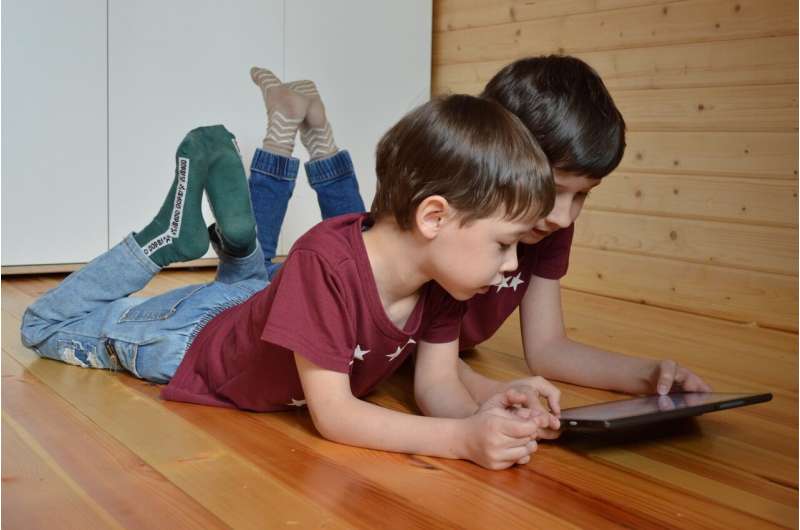A Parent's Guide to Ensuring Online Safety for Children During Summer Holidays

Learn practical tips for parents to keep children safe online during the summer holidays, including managing social media, device rules, and fostering open communication.
Summer holidays introduce unique challenges for parents balancing work and childcare, particularly when it comes to managing children's screen time and online safety. With children spending more time online, the risk of exposure to inappropriate or unsafe content increases. Recent studies, including the 2025 Ofcom report, reveal that over half of children under 13 are active on social media platforms like TikTok, Snapchat, and Instagram, despite many having age restrictions. Older children, especially teenagers, are increasingly livestreaming and engaging with strangers, raising concerns about privacy and cyber dangers.
For parents working from home, monitoring every online activity can feel overwhelming. Platforms like YouTube are favorites among children, but autoplay features and personalized recommendations can inadvertently lead them to unsuitable videos. Using child-friendly versions like YouTube Kids and enabling restricted modes helps control what they see. Regularly reviewing watch histories and engaging in conversations about their content fosters openness and trust.
When friends visit, peer influence can introduce new apps and online behaviors. Setting clear house rules—such as device usage in common areas—and discussing why certain restrictions exist can maintain a safe digital environment. Addressing peer pressure, like the desire to join platforms such as Snapchat or TikTok, involves open discussions. Encouraging children to research and understand the risks associated with new apps empowers them to make safer choices.
Many parents feel outpaced by rapid technological developments and might hesitate to set guidelines. However, establishing consistent boundaries, using parental controls, and fostering honest communication are crucial. Involving children in discussions about online safety, reviewing privacy settings together, and maintaining a barrier-free dialogue helps build an environment where children feel comfortable approaching parents with concerns.
Overall, while full mastery of every digital platform isn’t necessary, cultivating a home culture of openness, trust, and responsible use is key to protecting children online during the holiday season.
Source: MedicalXpress
Stay Updated with Mia's Feed
Get the latest health & wellness insights delivered straight to your inbox.
Related Articles
Strong Link Between Number of Psychiatric Disorders and Dementia Risk
A new study reveals that the risk of developing dementia increases significantly with the number of psychiatric disorders, with four or more conditions elevating the risk elevenfold. Early detection of mental health issues may be key in dementia prevention.
Early Onset of Gaming Disorder and Screen Addiction in Young Children Revealed by New Research
New Australian research reveals that children as young as 10 are showing signs of gaming disorder and screen addiction, highlighting the need for early intervention to address the mental health impact of excessive screen time.
Silent Challenges Faced by Post-9/11 Veterans Contributing to Rising Suicide Rates
A new study highlights how emotional struggles like loneliness and perceived burdensomeness contribute to the rising suicide rates among post-9/11 veterans, emphasizing the need for early intervention and support.



